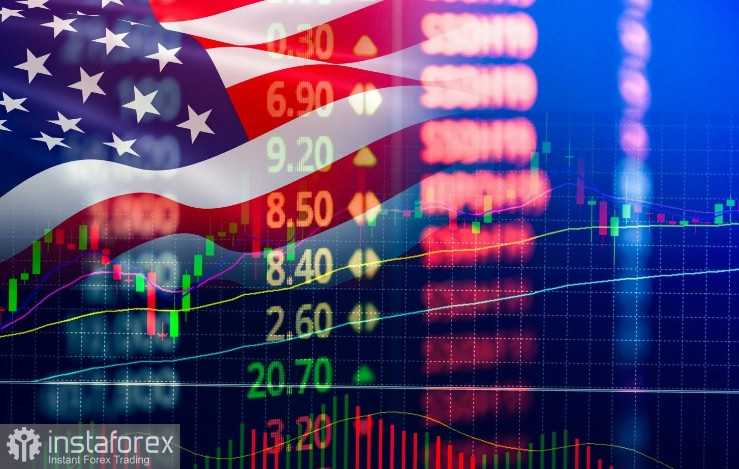
Although macroeconomic data are improving after the Fed's sharp increase in interest rates, signs are showing that the biggest blow to the economy is yet to come. Fed Chairman Jerome Powell has stressed several times that the full impact of this year's rate hike remains to be seen, so it is not clear whether there will be a recession or not, and if there is, they are not sure if it will be deep or not. Nevertheless, the Fed said real GDP will hit 0.5% in 2023, the PCE index will slow to 3.1% and the federal funds rate will peak at 5.1%.
Big banks have already anticipated what is going to happen next year, with some considering a soft landing as their best case scenario. Goldman Sachs said the US economy could avoid a recession since there are good reasons to expect positive growth in the coming quarters. They forecast core inflation to slow to 3% next year, the unemployment rate to rise by 0.5%, and the US economy to grow by 1%. However, the bank noted an obvious downside risk with a recession probability of 35% next year.
Morgan Stanley predicts that the US economy will break out of recession, but the landing wil not be soft as "job growth slows significantly and the unemployment rate continues to rise". Risks are also present because of interest rates, which will remain elevated for most of the year.
Credit Suisse believes the US will be able to avoid an economic slowdown next year as inflation slows and the Fed pauses its rate hikes. The bank forecasts the US economy to grow by 0.8% in 2023.
JPMorgan is the one that warned that a recession is very likely next year due to the over-tightening of central banks.
Similarly, the Bank of America predicts a recession in the first quarter of 2023, with GDP falling by 0.4%. It predicts unemployment to rise to 5.5% by 2024, and inflation to fall to 3.2%.
UBS also predicts a recession, citing high interest rates and near-zero growth in the US next year and in 2024.
Wells Fargo expects a recession in the third quarter next year as a sharp rise in rates hurts demand.
Capital Economics expects a moderate recession in the US next year and the Fed to be forced to cut rates by the end of 2023. According to their forecasts, GDP will grow by 0.2% over the next year and core inflation to slow to 3.2%.





















